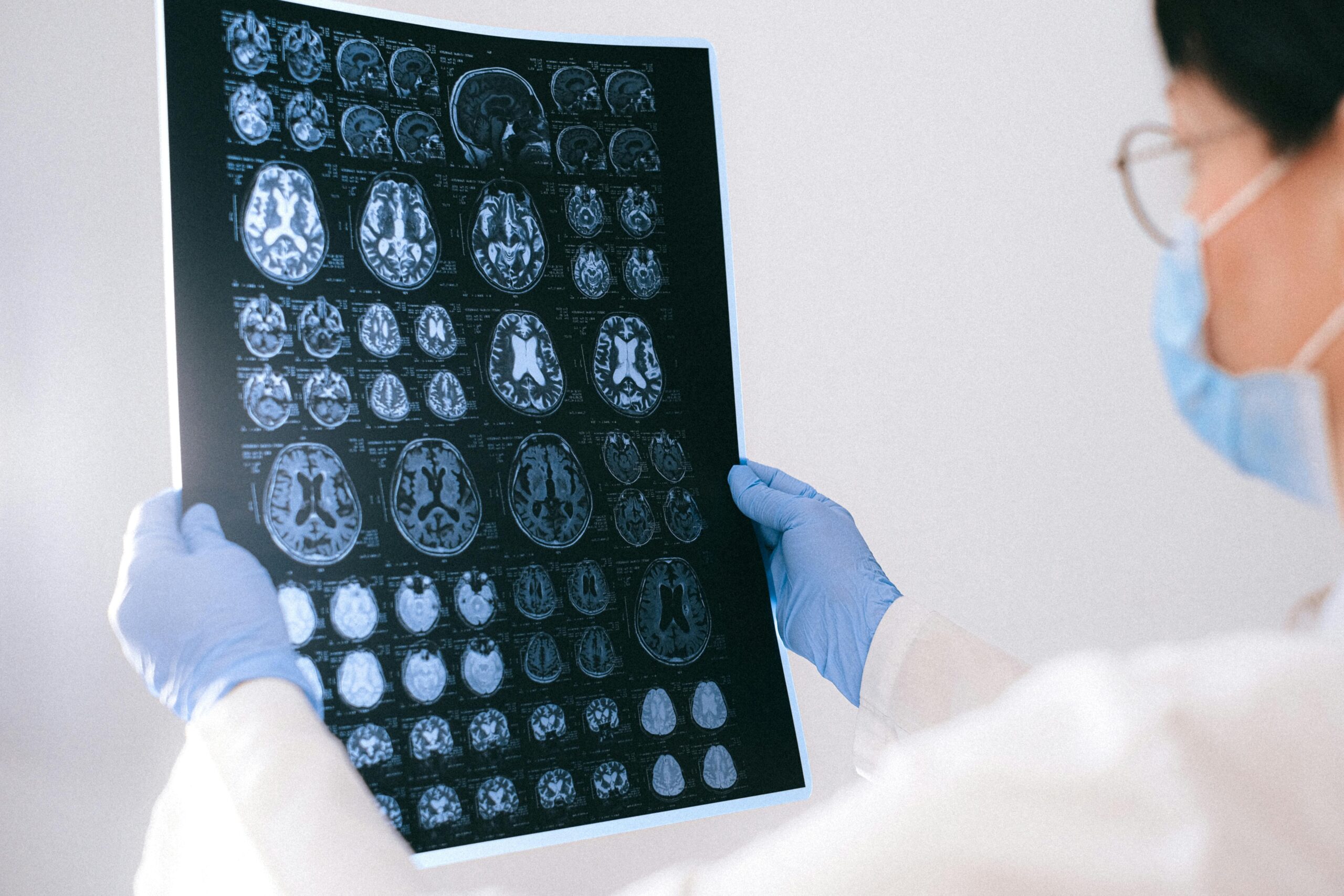For decades, the prevailing belief in neuroscience was that neurogenesis, the process of generating new neurons, primarily occurred during development and significantly diminished or ceased in adulthood. However, recent research has provided compelling evidence that adult brains can indeed produce new neurons, particularly in the hippocampus, a region associated with learning and memory. This report explores the mechanisms, influencing factors, and implications of adult neurogenesis, supported by recent studies and findings.
Understanding Neurogenesis
Neurogenesis is the process by which new neurons are formed from neural stem cells. In adults, this process is most prominently observed in the hippocampus, specifically in the dentate gyrus. The discovery of adult neurogenesis has shifted the understanding of brain plasticity and its capacity for regeneration and adaptation.
- Historical Context: The idea that adult brains do not generate new neurons was largely based on early studies that failed to detect neurogenesis in adult mammals. However, advancements in research techniques, such as the use of bromodeoxyuridine (BrdU) labeling and genetic tracing, have allowed scientists to observe and quantify new neuron formation in adult brains (Gage, 2000).
- Mechanisms of Neurogenesis: Adult neurogenesis involves several stages, including the proliferation of neural stem cells, differentiation into neurons, and integration into existing neural circuits. The process is regulated by various intrinsic and extrinsic factors, including genetic, environmental, and physiological influences (Zhao et al., 2008).
Factors Influencing Adult Neurogenesis
Research has identified several key factors that can promote or inhibit neurogenesis in adults:
- Physical Exercise: Numerous studies have demonstrated that physical activity significantly enhances neurogenesis. For example, a study by van Praag et al. (1999) found that running increased the production of new neurons in the hippocampus of mice. Exercise is believed to stimulate the release of growth factors, such as brain-derived neurotrophic factor (BDNF), which supports neuronal survival and growth.
- Environmental Enrichment: Exposure to stimulating environments, characterized by social interaction, cognitive challenges, and physical activity, has been shown to promote neurogenesis. Kempermann et al. (1997) found that mice raised in enriched environments exhibited increased neurogenesis compared to those in standard housing conditions. This suggests that environmental factors play a crucial role in shaping the brain’s capacity for regeneration.
- Stress and Depression: Chronic stress and depression have been associated with reduced neurogenesis. Elevated levels of stress hormones, such as cortisol, can inhibit the proliferation of neural stem cells and impair the survival of newly formed neurons (McEwen, 2000). Conversely, reducing stress through various interventions, such as exercise or mindfulness practices, may help restore neurogenic capacity.
- Age: Neurogenesis tends to decline with age, but it does not cease entirely. A study by Spalding et al. (2013) utilized carbon dating techniques to measure the age of neurons in the human hippocampus and found that new neurons continue to be produced in adults, albeit at a reduced rate compared to younger individuals.
Implications for Mental Health
The discovery of adult neurogenesis has significant implications for mental health and cognitive function. Enhancing neurogenesis may offer therapeutic avenues for treating various psychiatric and neurological disorders:
- Depression and Anxiety: Research suggests that antidepressant treatments may promote neurogenesis, contributing to their therapeutic effects. Duman et al. (2001) proposed that the efficacy of antidepressants could be linked to their ability to stimulate the production of new neurons in the hippocampus.
- Cognitive Decline: Given the role of neurogenesis in learning and memory, enhancing this process may help mitigate age-related cognitive decline. Interventions that promote neurogenesis, such as physical exercise and cognitive training, could be beneficial for maintaining cognitive health in older adults.
- Neurodegenerative Diseases: Understanding the mechanisms underlying neurogenesis may lead to novel strategies for treating neurodegenerative diseases, such as Alzheimer’s disease. Promoting neurogenesis could potentially counteract the loss of neurons associated with these conditions.
Conclusion
The concept of adult neurogenesis has transformed the understanding of brain plasticity and regeneration. Evidence suggests that the adult brain, particularly the hippocampus, retains the capacity to generate new neurons throughout life. Factors such as physical exercise, environmental enrichment, and stress levels significantly influence this process. The implications for mental health and cognitive function are profound, suggesting that lifestyle choices and therapeutic interventions can enhance neurogenesis and improve overall brain health.
References
- Gage, F. H. (2000). Mammalian neural stem cells. Science, 287(5457), 1433-1438. doi:10.1126/science.287.5457.








Leave a Reply